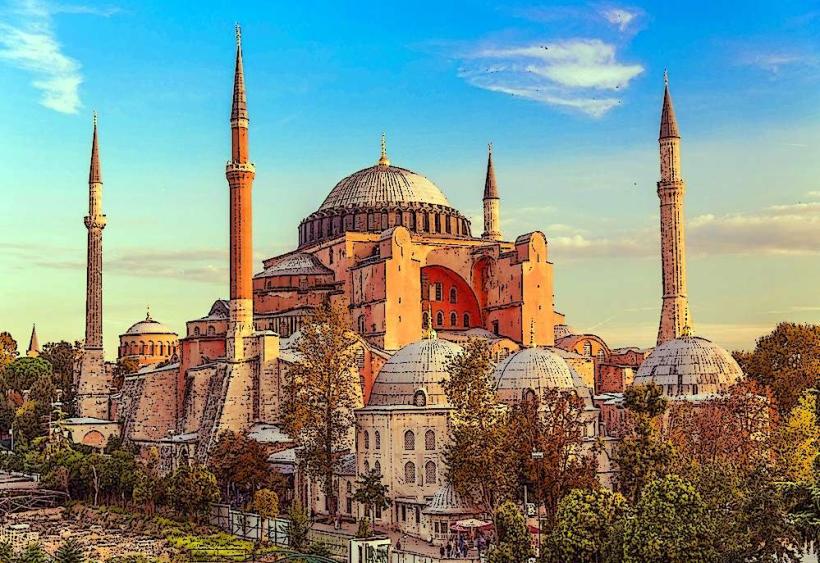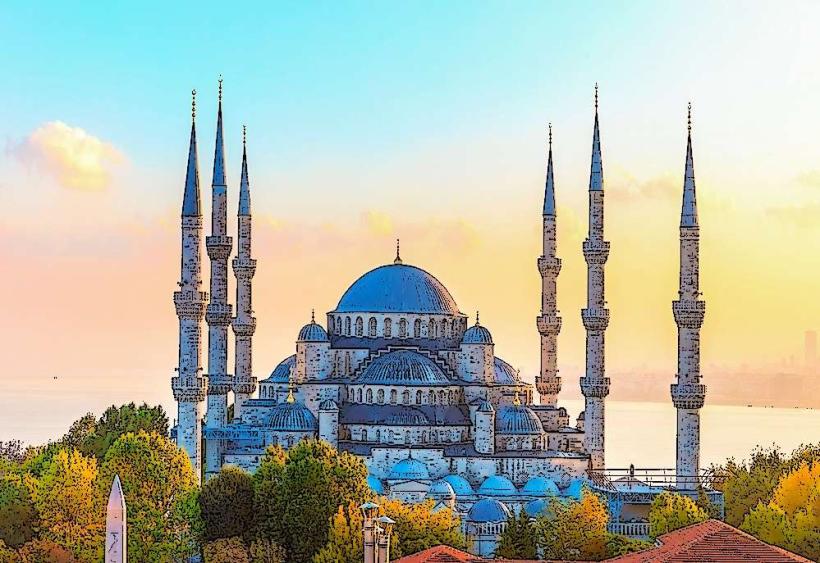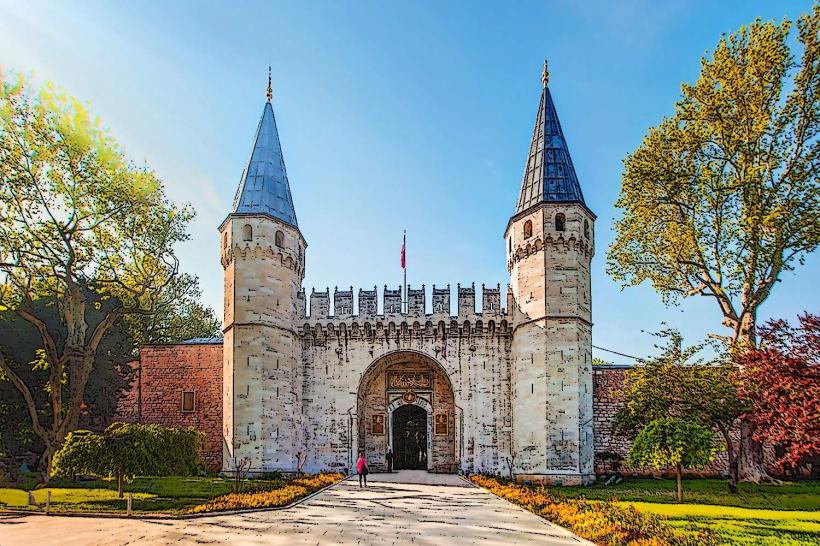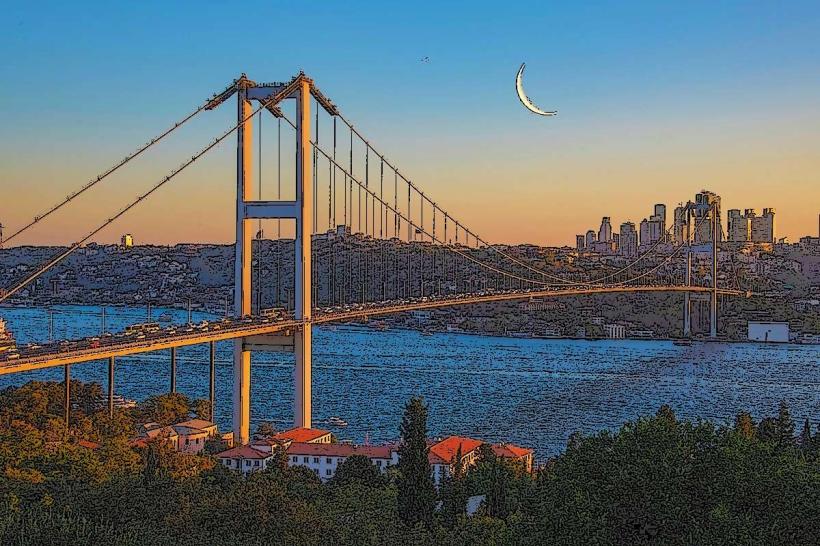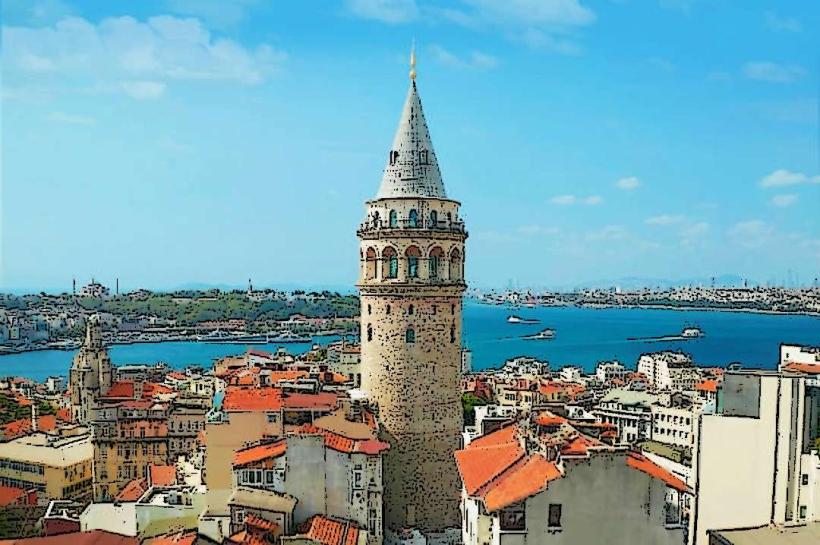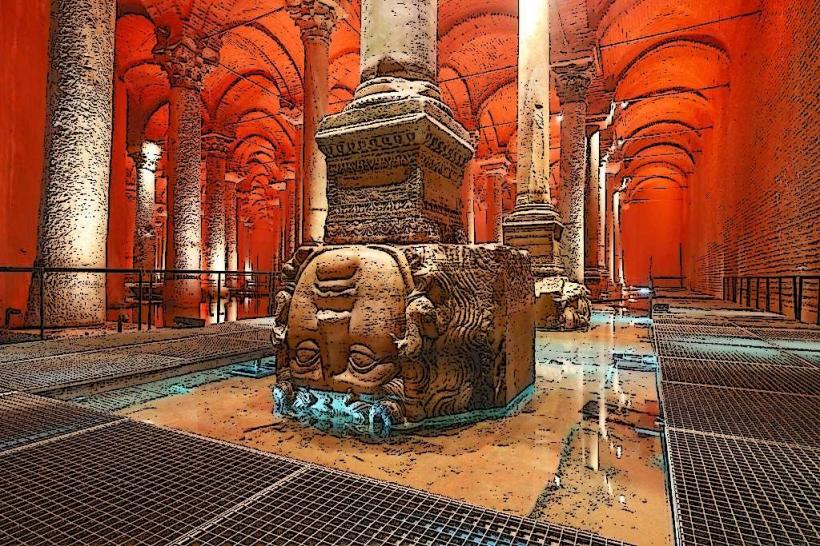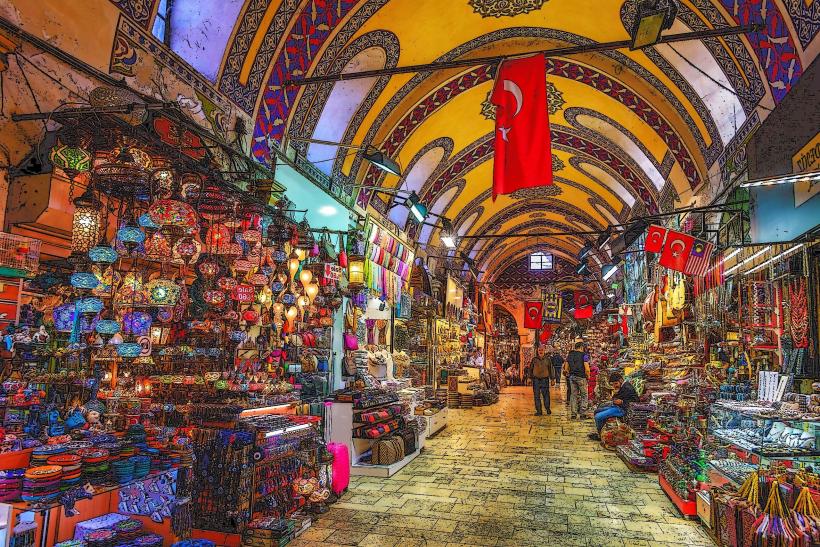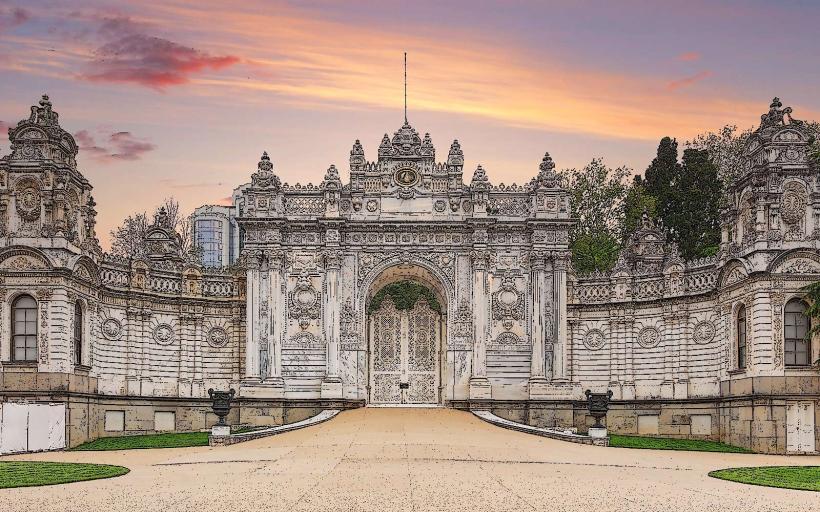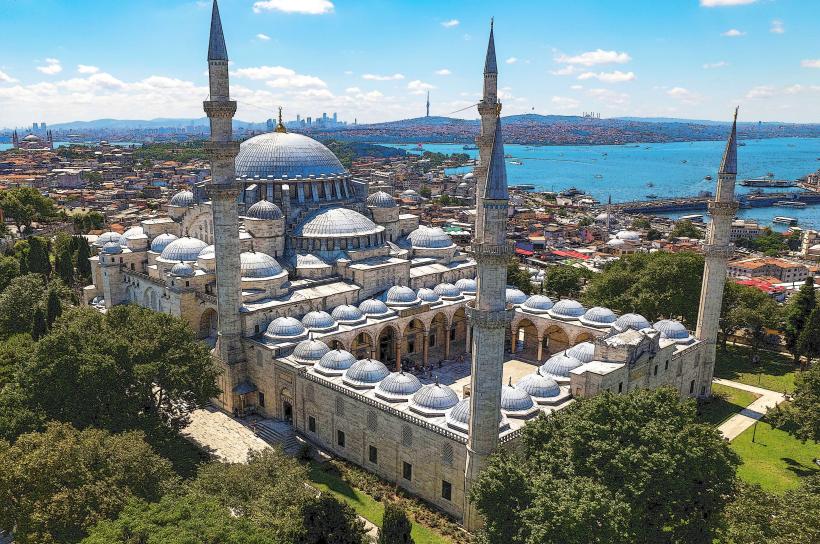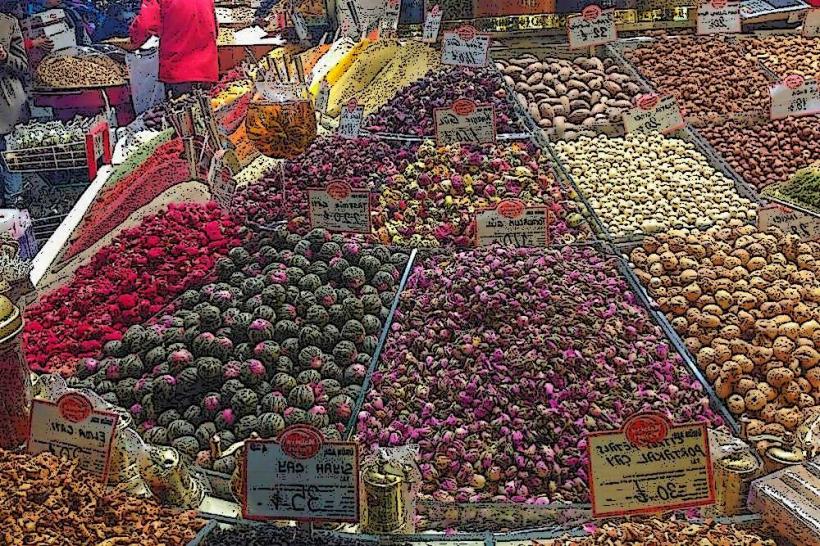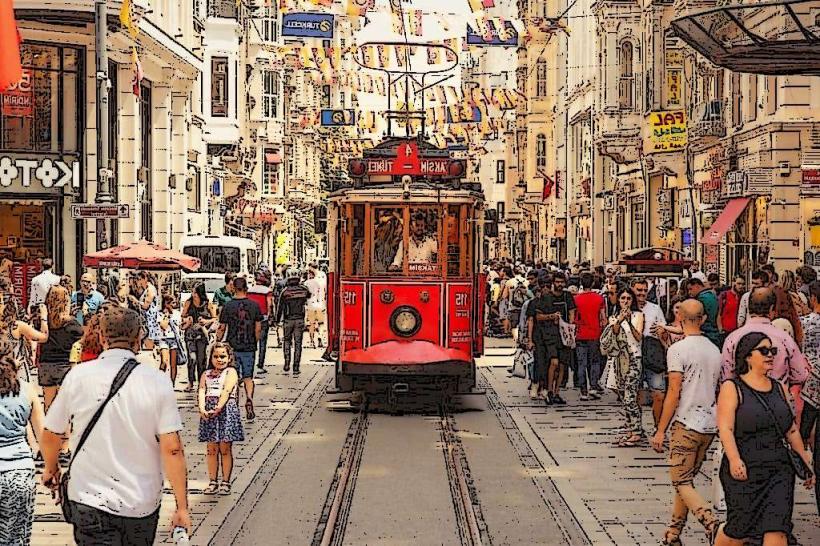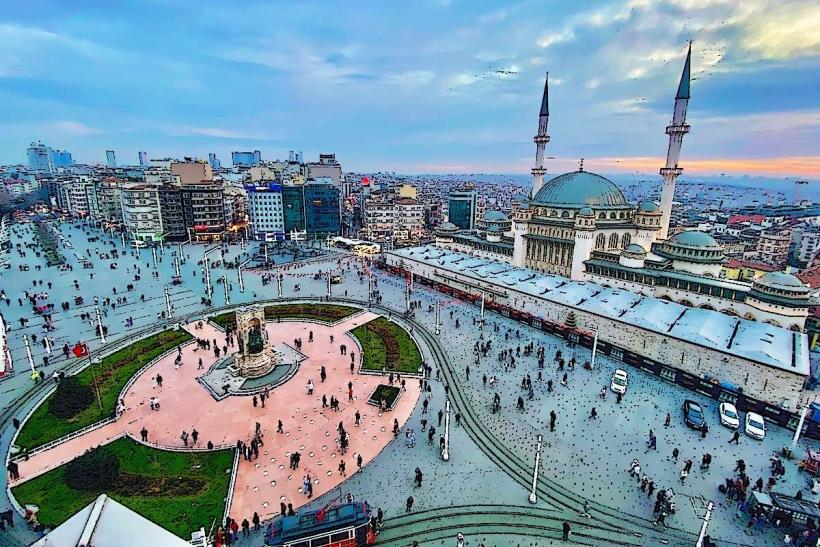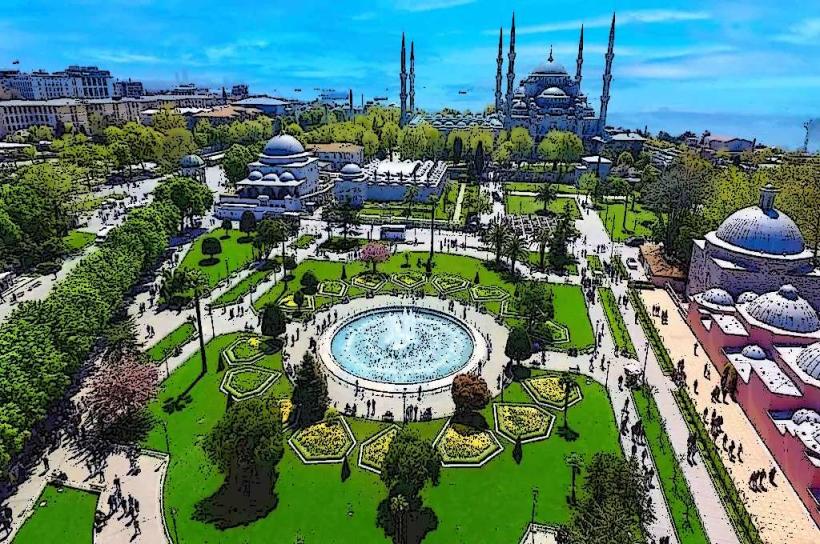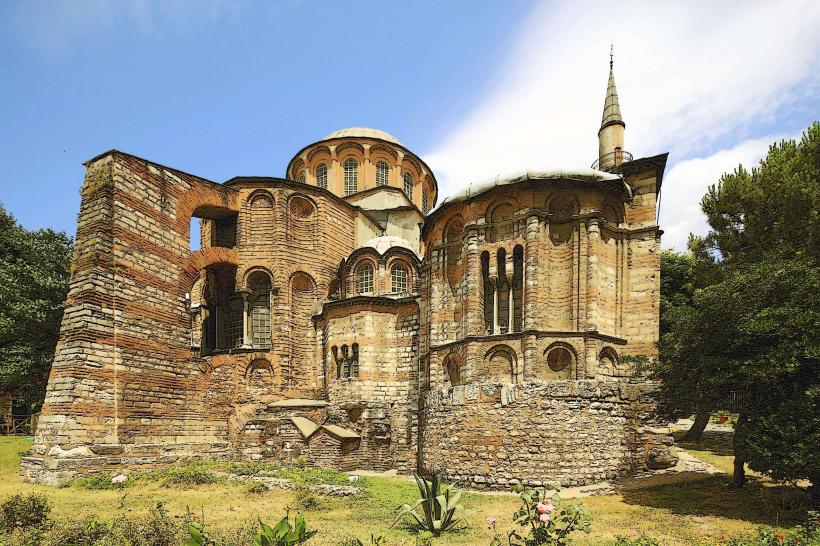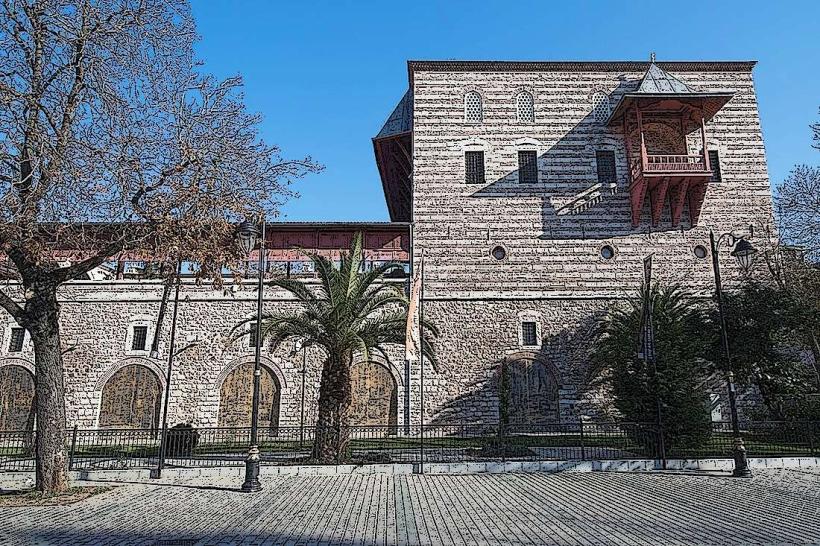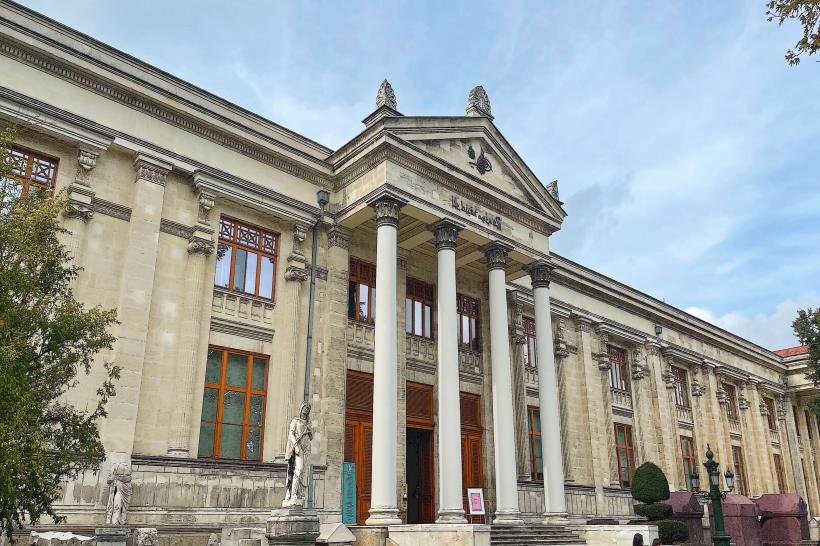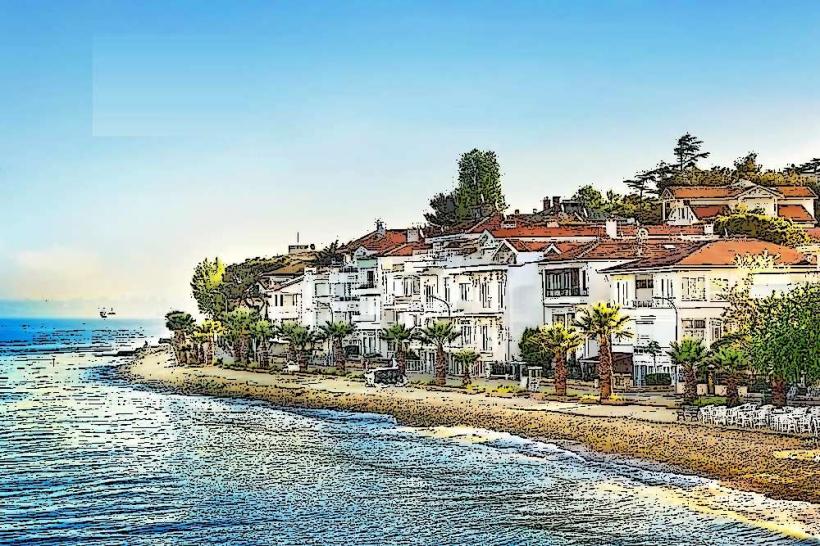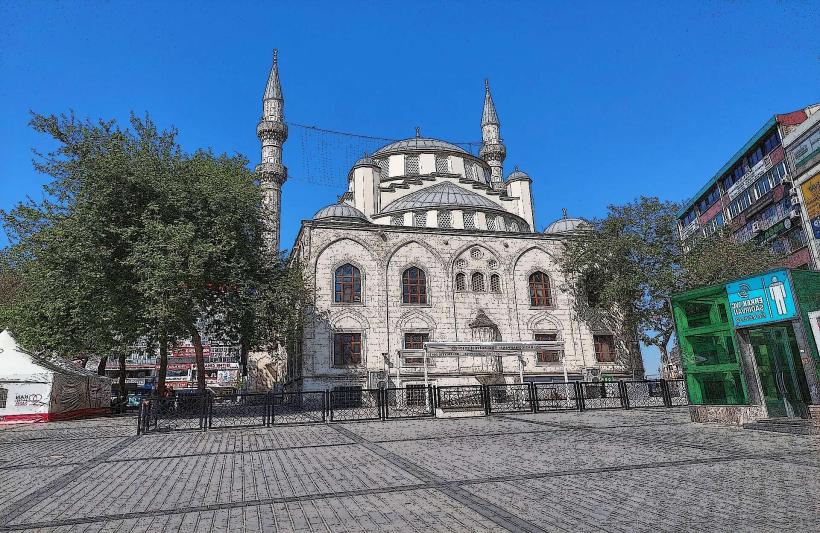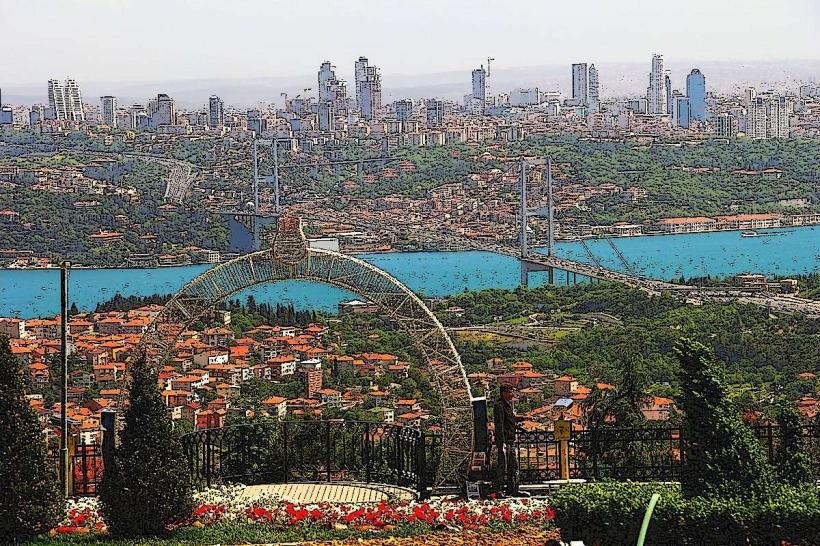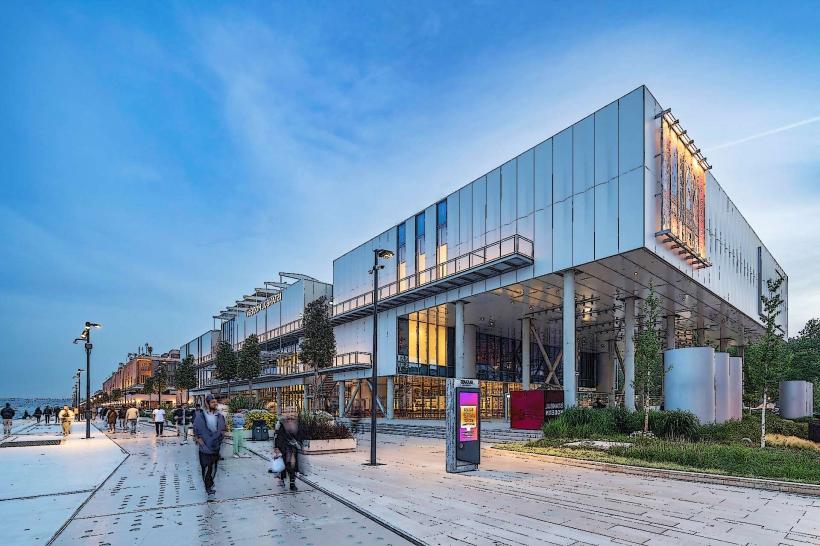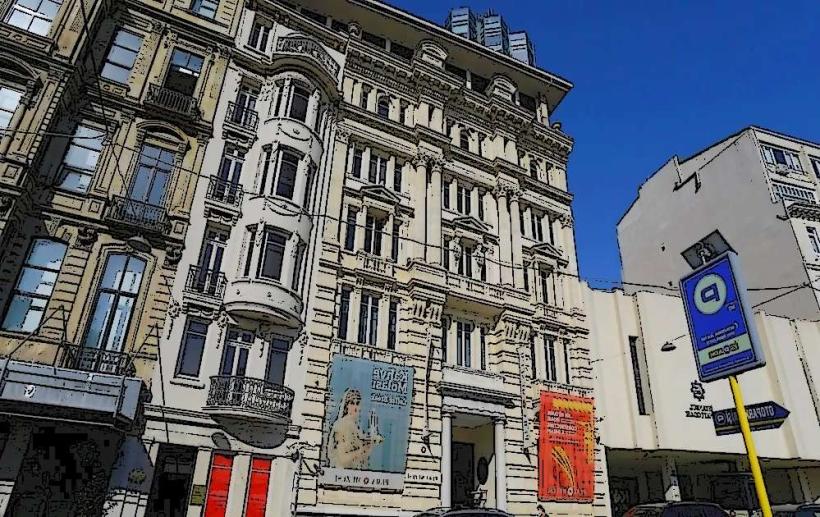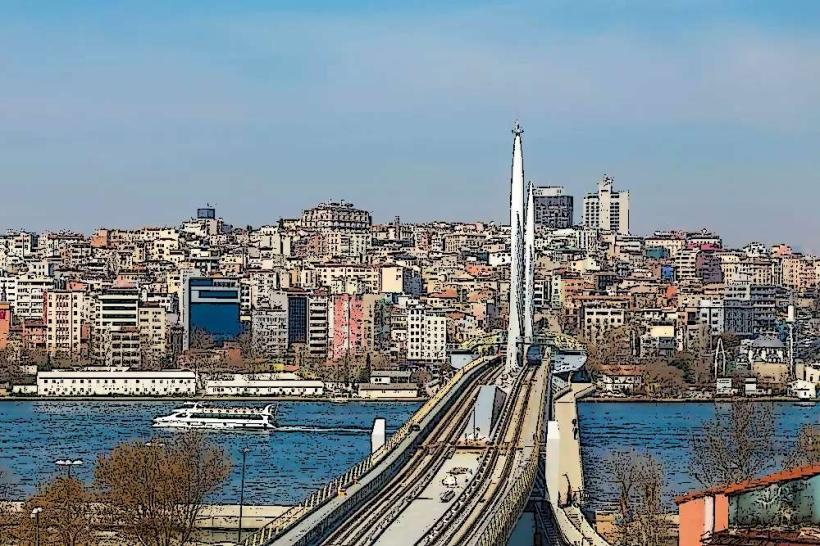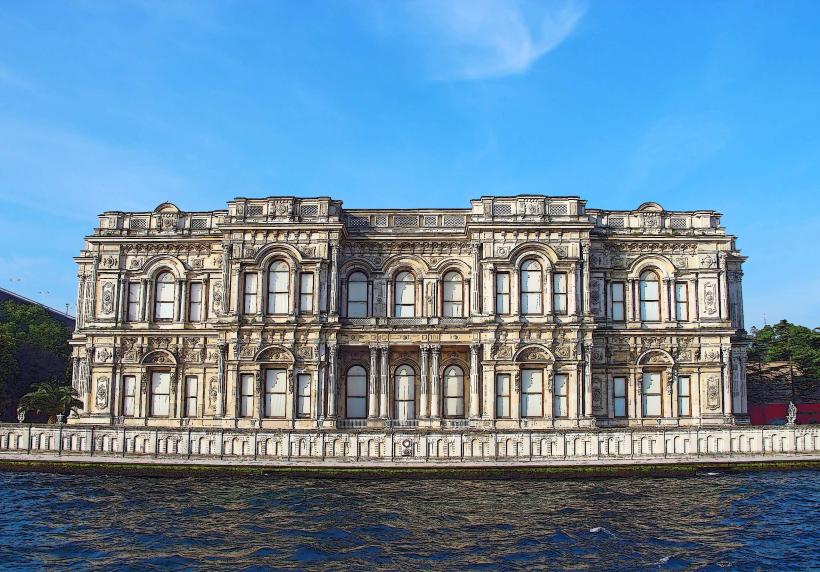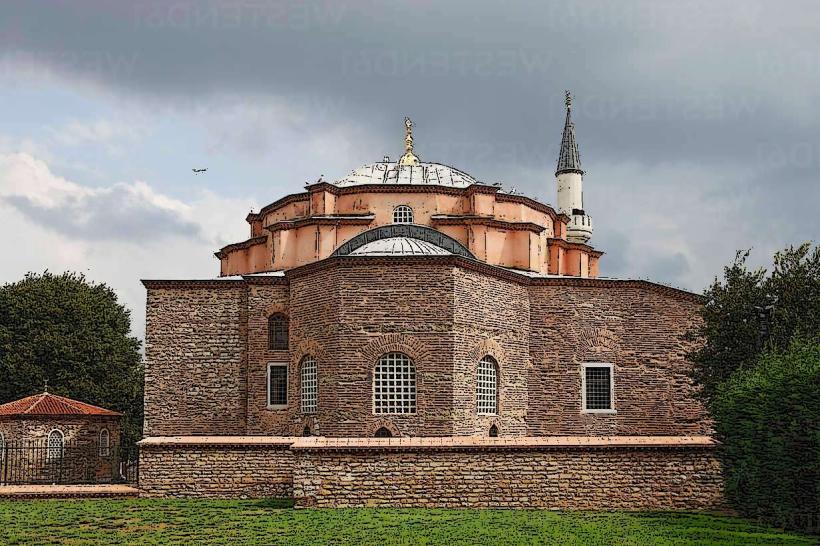Information
City: IstanbulCountry: Turkey
Continent: Asia
Istanbul, Turkey, Asia
Istanbul serves as Turkey's largest city and economic engine, uniquely straddling the European and Asian continents across the Bosphorus Strait. It is the only city in the world to serve as the capital of both a Christian empire (Byzantine) and an Islamic empire (Ottoman).
Historical Timeline
Founded as Byzantium in the 7th century BCE, it became Constantinople in 330 CE. The 1453 Ottoman conquest transformed it into the seat of the Caliphate. While the capital moved to Ankara in 1923 following the formation of the Republic of Turkey, Istanbul retained its role as the nation's cultural core. In 2026, the city is undergoing a massive "Vision 2050" transformation, focusing on earthquake-resilient infrastructure and digital integration.
Demographics & Population
The metropolitan population is approximately 16.42 million as of 2026. The demographic is predominantly Turkish, but Istanbul contains the world's largest Kurdish population (est. 3 million). It remains a cosmopolitan hub with significant Armenian, Greek, and Jewish minorities, alongside over 1 million registered refugees and foreign residents.
Urban Layout & Key Districts
Sultanahmet (Old City): The historical heart on the European side, containing the major imperial monuments.
Beyoğlu (Taksim/Galata): The "modern" European center known for nightlife, shopping, and 19th-century architecture.
Kadıköy & Üsküdar: The primary cultural and residential hubs on the Asian side, accessible via ferry.
Beşiktaş & Nişantaşı: Upscale European districts known for luxury retail and Bosphorus views.
Top City Landmarks
Hagia Sophia (Ayasofya): A 6th-century architectural marvel, currently functioning as a Grand Mosque.
Blue Mosque (Sultan Ahmed): Famous for its six minarets and 20,000 blue İznik tiles.
Topkapı Palace: The former primary residence of Ottoman Sultans.
Basilica Cistern (Yerebatan Sarnıcı): An eerie 6th-century underground water reservoir.
Galata Tower: Offers 360-degree views of the Golden Horn and Bosphorus.
Grand Bazaar (Kapalıçarşı): One of the world's oldest and largest covered markets (4,000+ shops).
Transportation Network
Istanbul utilizes the Istanbulkart, a unified payment card for buses, metros, trams, and ferries.
Public Transport Cost (2026): A standard electronic full ticket is 35 TL ($0.85). A 1-day unlimited tourist pass is approximately 700 TL.
Key Links: The Marmaray (undersea rail) and Metrobüs (dedicated bus lane) are the fastest cross-continental options.
Airports: Istanbul Airport (IST) on the European side is a global mega-hub; Sabiha Gökçen (SAW) serves the Asian side.
Safety & "Red Zones"
Istanbul is generally as safe as major European capitals like London or Paris. Petty crime (pickpocketing) is the primary risk in Sultanahmet and Taksim. Political demonstrations-usually occurring in Kadıköy or near Istiklal Avenue-are "red zones" and should be avoided to prevent detention. While the city is stable, travelers should avoid regions within 10km of the Syrian border if venturing out of Istanbul.
Digital & Financial Infrastructure
Turkey is highly digitized. Most vendors accept international Visa and Mastercard. However, carrying small amounts of cash (Turkish Lira) is necessary for small kiosks and tips. In 2026, Istanbul is a "Digital Capital," hosting major tech events like GITEX Ai Türkiye. Internet is fast (50-100 Mbps), and unlike Russia, Western social media is fully accessible.
Climate & Air Quality
Istanbul has a transitional Mediterranean climate. Winters (December–March) are cold and wet ($5^{\circ}\text{C}$ to $10^{\circ}\text{C}$); summers (June–August) are hot and humid ($25^{\circ}\text{C}$ to $32^{\circ}\text{C}$). Air quality is generally moderate, though "Saharan dust" events occasionally spike particulate levels.
Culture & Social Norms
Dress: Modest dress is required for mosques (headscarf for women, no shorts for men). Casual dress is fine elsewhere.
Social: Tea (çay) is the universal sign of hospitality; refusing it can be seen as slightly impolite.
Etiquette: Removing shoes when entering a home is mandatory. Tipping of 10% is standard in restaurants.
Local Cost Index
1 Espresso: 85–110 TL ($2.10–$2.70)
1 Standard Lunch: 250–450 TL ($6.00–$11.00)
1 Ferry Trip (Eminönü to Kadıköy): 49.40 TL ($1.20)
Nearby Day Trips
Princes' Islands (Adalar): Car-free islands in the Sea of Marmara (1 hour by ferry).
Bursa: The first Ottoman capital, known for silk and "İskender" kebab (2 hours by ferry/bus).
Şile & Ağva: Coastal Black Sea resort towns (1.5 hours by car).
Facts & Legends
A verified historical oddity is the Pera Palace Hotel, which was built to host passengers of the Orient Express and features the first electric elevator in Turkey. A prominent local legend concerns the Maiden’s Tower (Kız Kulesi); it was allegedly built by a Sultan to protect his daughter from a prophecy that she would be killed by a snake on her 18th birthday-only for her to die when a snake was smuggled into the tower in a fruit basket.

